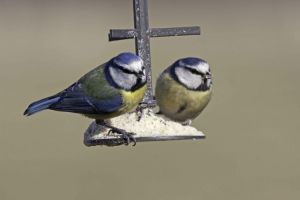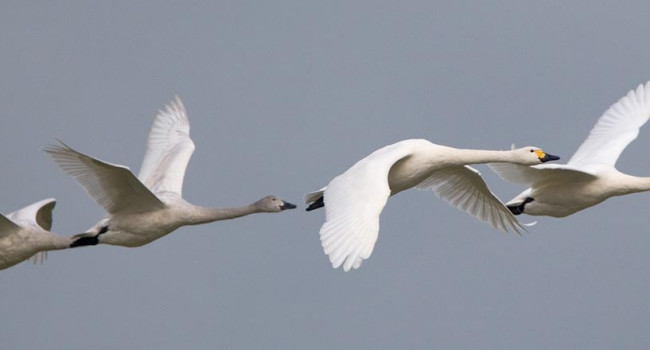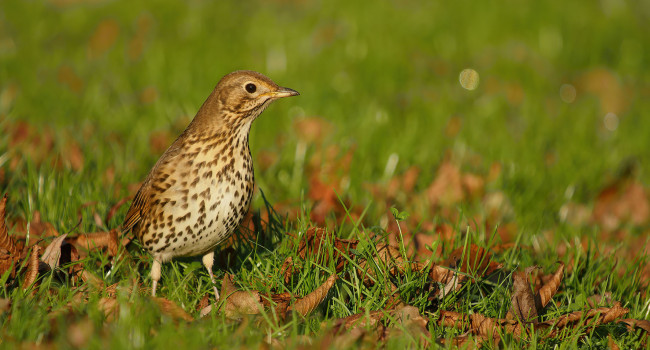Feeding a brood: quality vs. quantity
Amongst the challenges faced by parent birds as they tend to their young is what food to provide them. Some foods are better than others, i.e. those which provide more key nutrients for development. The most nutritiously valuable foods are not, however, necessarily those that are most widely available. With lots of hungry beaks to feed, parent birds sometimes have to sacrifice finding the best foods for simply finding enough food to satisfy their young.
This balancing act has been shown elegantly in Starlings. In one study, the broods of some pairs were increased in size by adding extra chicks (in what is known as a brood manipulation experiment). It was found that adults tending to experimentally enlarged broods increased their feeding rates, brought back more food per visit, but provided poorer quality food items than parents of broods that had not been enlarged. This provision of poorer quality foods appeared to be responsible for chicks of enlarged broods growing slower and fledging at lower body masses than those of non-enlarged broods. Light fledglings from enlarged broods also seemed to have poor survival prospects.
Can bird feeding enhance prey selectivity?
In a different study, prey selectivity of Blue Tit parents was compared between those provided with extra food (mealworms and wax moth larvae) and those that were non-supplemented. Food-supplemented parents were found to provide natural foods to their chicks less frequently than non-supplemented ones, but the former were more selective with the foods that they brought back to the nest – focusing on larger natural food items. By providing supplementary food it appeared, therefore, that Blue Tit parents were able to spend longer browsing for the best nestling fare, and perhaps also gained some more time for themselves (e.g. to eat, preen, defend territories, look out for predators).
Do the different foods that you provide in your garden influence the foraging habits of birds that nest nearby? It is a fascinating question and is one that needs further research.







Share this page